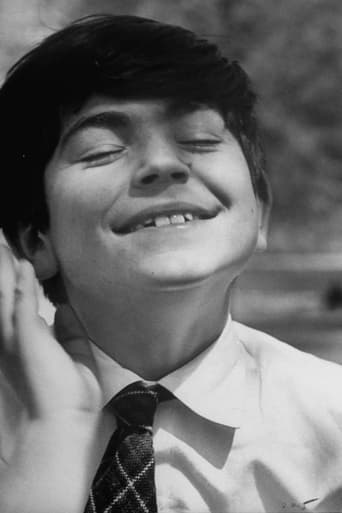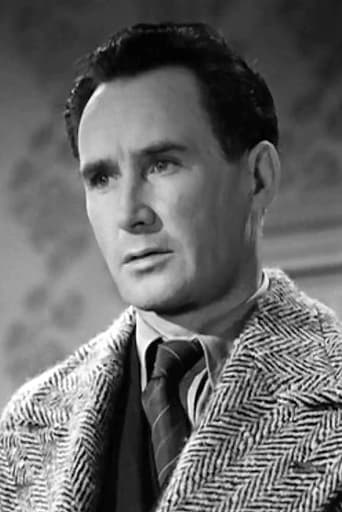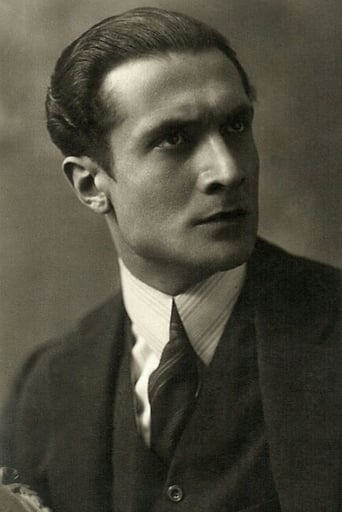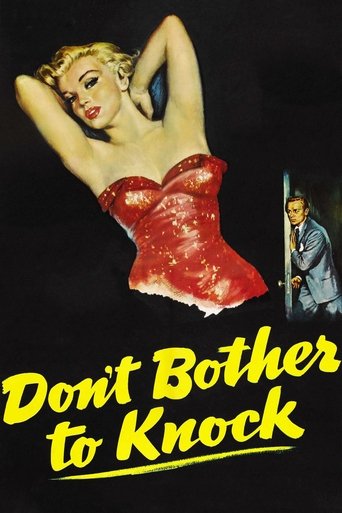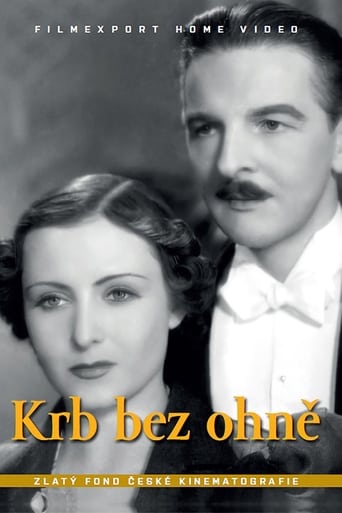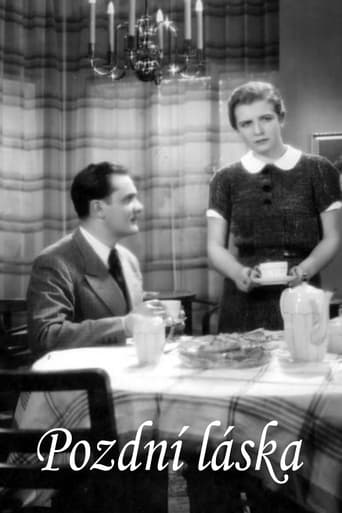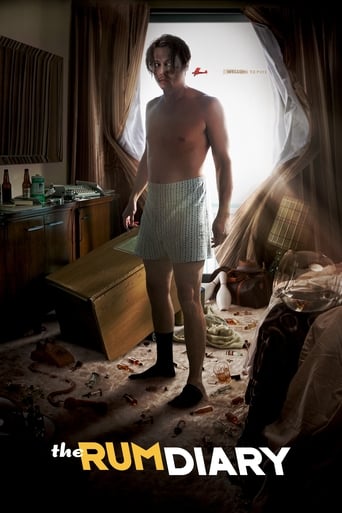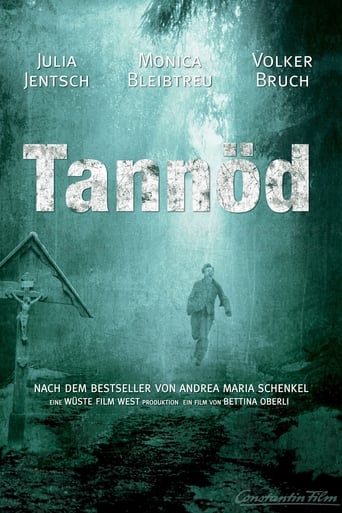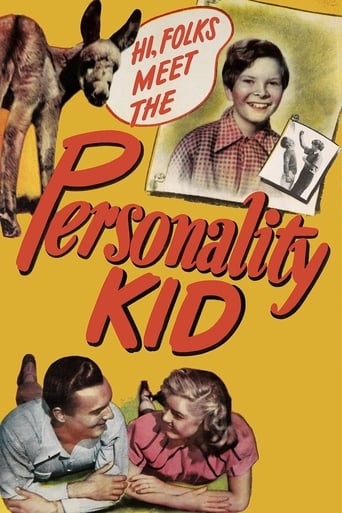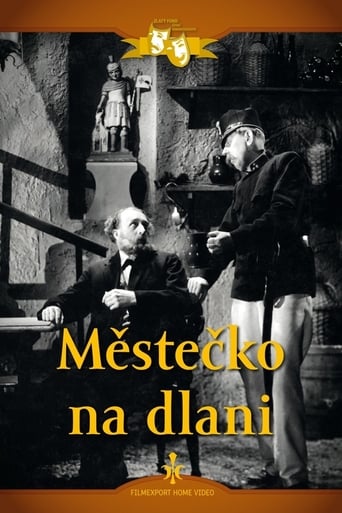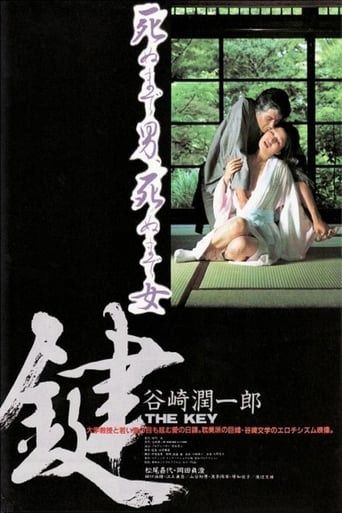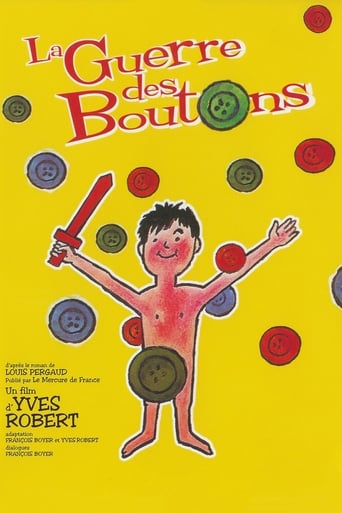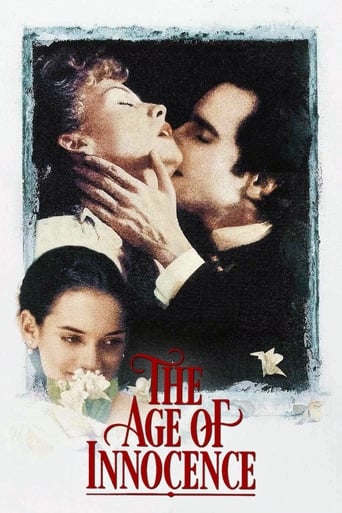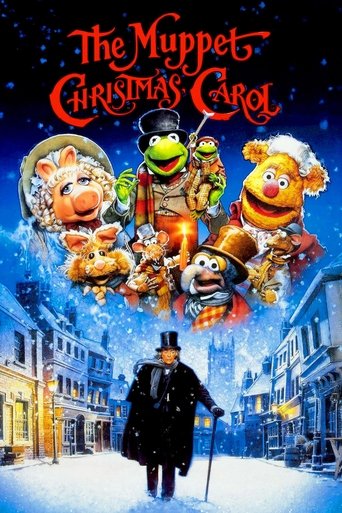
Never Take No for an Answer (1951)
It's a story about a young Italian orphan boy taking his pet donkey to the Vatican to be blessed.
- Ralph Smart
- Maurice Cloche
- Paul Gallico
- Pauline Gallico
- Ralph Smart
- Maurice Cloche
Rating: 6/10 by 3 users
Alternative Title:
Never Take No for an Answer - US
Country:
Italy
United Kingdom
Language:
English
Runtime: 01 hour 22 minutes
Budget: $0
Revenue: $0
Plot Keyword: based on novel or book, donkey, miracle, remake
I'm not usually the greatest fan of children topping the bill in a film, but I really enjoyed the engaging effort here of the ten year old Vittorio Manunta. He, "Peppino", is an orphan who is a regular sight in his famed town of Assissi at the head of his donkey. They collect firewood and do some basic odd jobs to keep the wolf from the door, and it's all going fine until one morning the creature just doesn't feel like moving. "Peppino" fetches the vet who is concerned that "Violetta" is about to give up the ghost. The youngster, pretty devastated, hits on the idea of having her talk to St. Francis but the friendly, but firm, clergy tell him that animals cannot go into the church. There must be a away, he thinks - and after a conversation with the friendly "Fr. Damico" (Denis O'Dea) is left with just one option. The Pope! Only he can authorise "Violetta" to get into to talk to the saint. Now, in best "Mudlark" (1950) fashion, he sets off on a seemingly impossible quest. His arrival at the Vatican sees him repeatedly seen off by the Swiss guards, but he is a shrewd wee fella, and soon realises that perhaps there is more ways than one to skin a cat. Perhaps a bouquet of flowers might just succeed where his noisy persistence has not. It's Mantuna's charm that helps this stand out. He is a natural for the part - a caring and tenacious young man who wants to do right by the only thing he loves - or, quite possibly, has ever loved him. There's some fine photography illustrating the down-at-heel post war Italy and the beauty of the Vatican architecture, and if - at the end - you don't well up ever so slightly, well then... This is one of those life-affirming eighty minutes of cinema that tugs at the heart-strings without being cloyingly sentimental.

